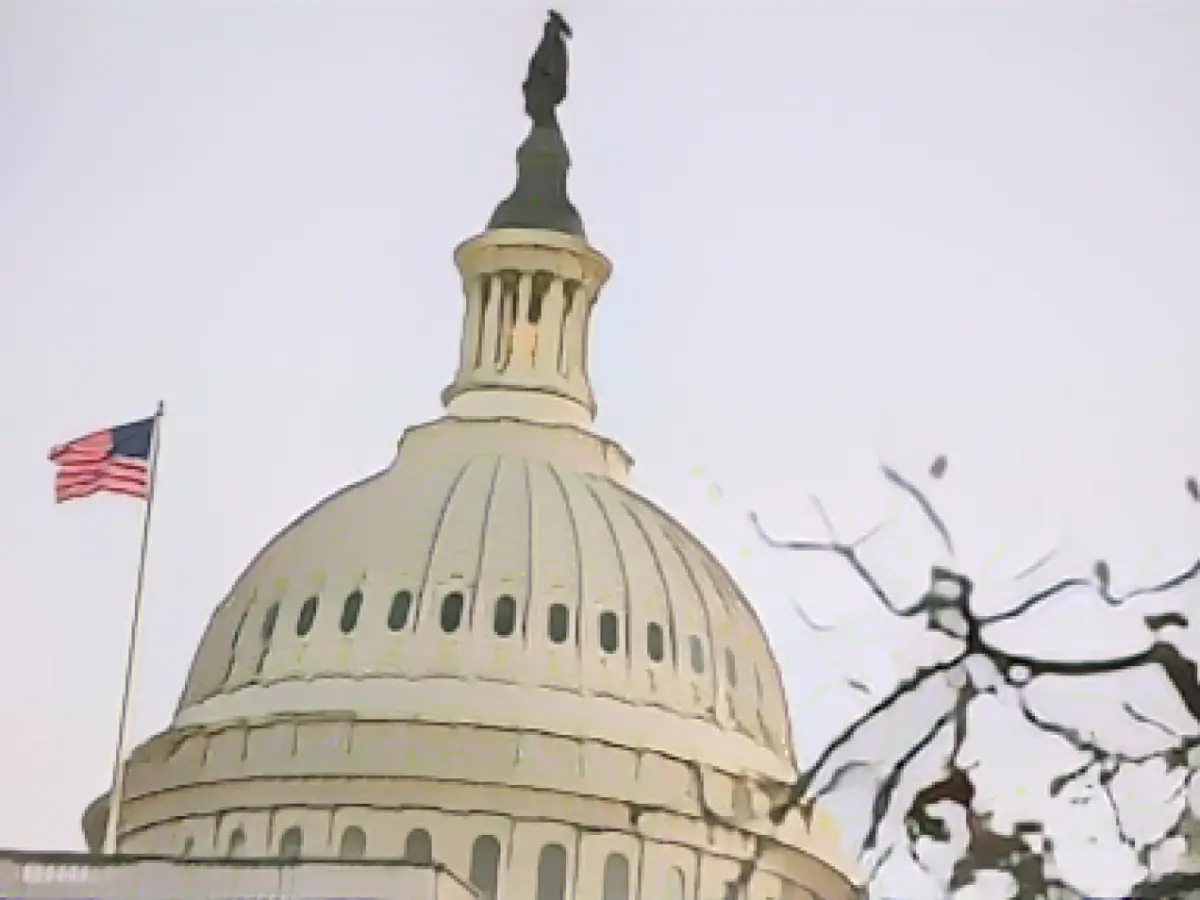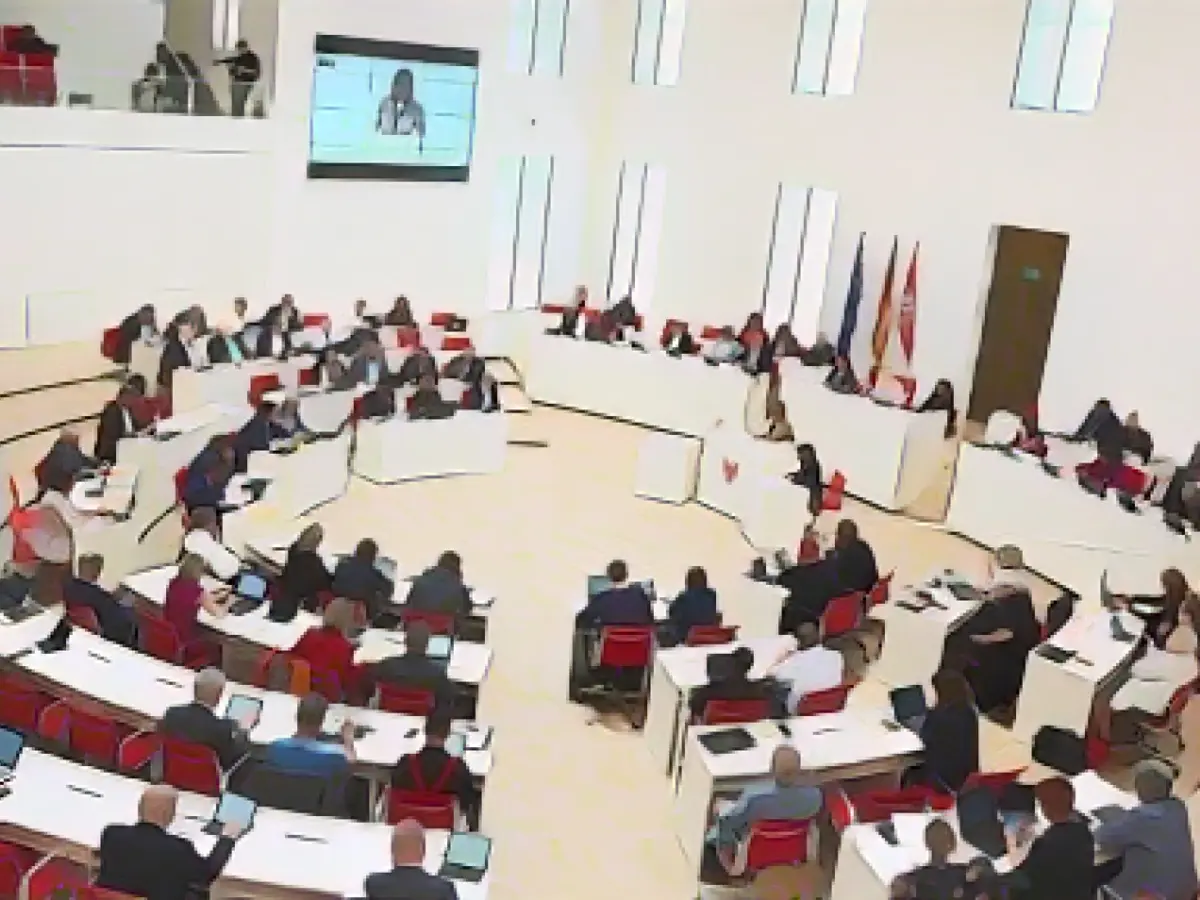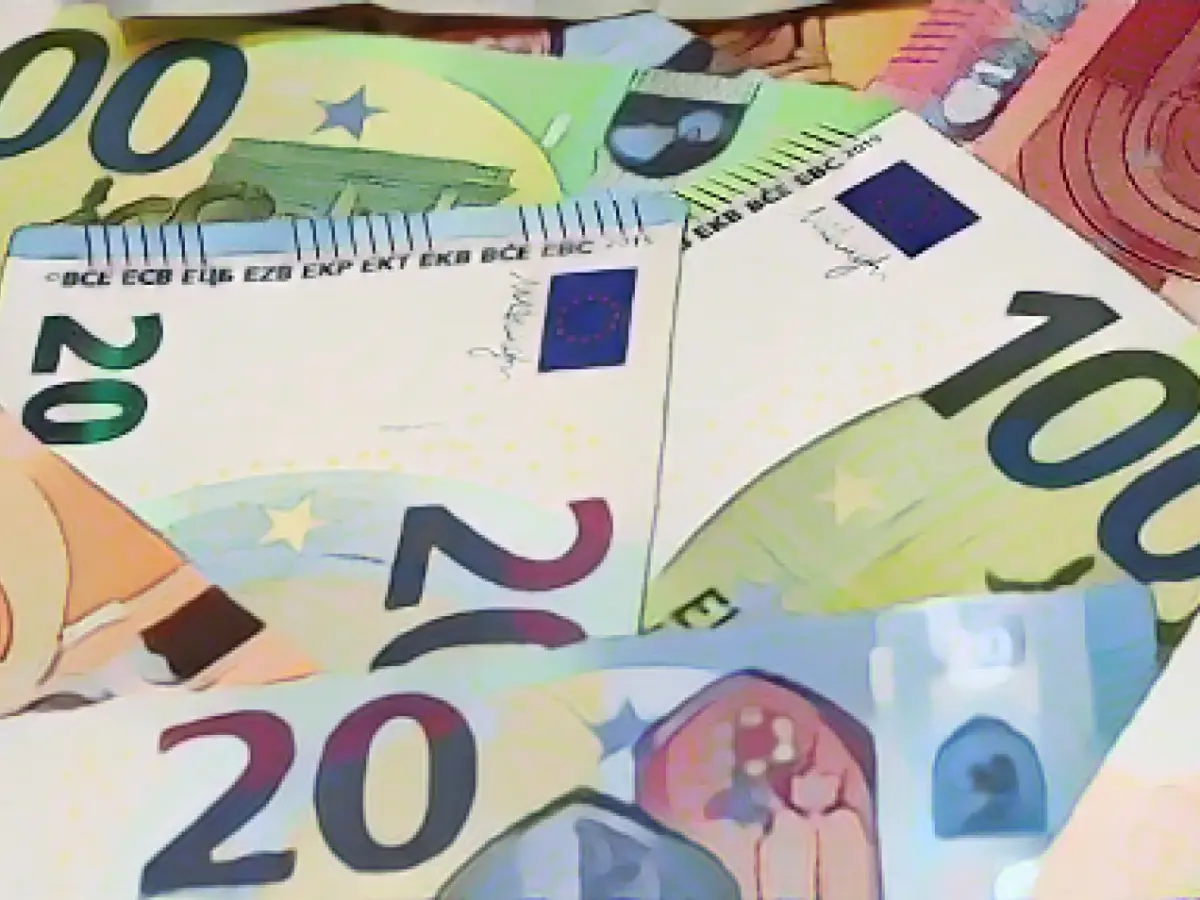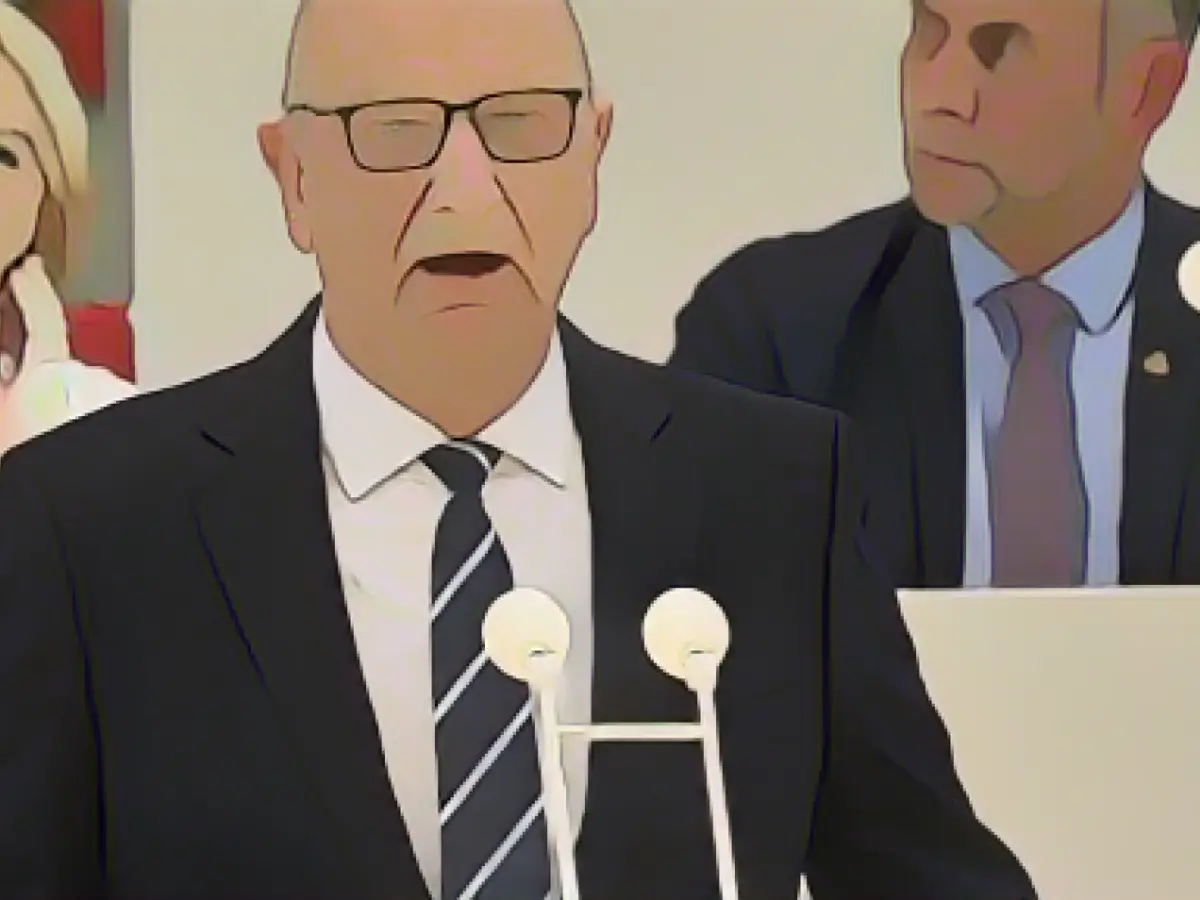US Republicans Stall on Ukraine and Israel Aid Packages
In the halls of Congress, a controversial debate rages on. President Joe Biden recently requested a massive 106 billion dollar financial package, featuring 61.4 billion for Ukraine, 14.3 billion for Israel, and aid to allies such as Taiwan. However, the Republican Party, with 49 senators in the Senate, has the numbers to block any legislative projects with their blocking minority, leading to resistance to new funding for Ukraine.
Compromises and Calls for Action
President Biden had signaled a willingness to make "major compromises" on immigration policy to secure funding for Ukraine and thwart the "greatest gift" to Russian President Vladimir Putin. Failure, he said, would only strengthen Putin's position.
Ukraine's most significant ally in the war against Russian invasion forces, the United States, has already provided or pledged more than 44 billion dollars in military aid since February 2022. However, a recent report from the Kiel Institute for the World Economy revealed a notable decrease in Western military aid for Ukraine.
As the US influence in supply dwindles, Ukraine looks to the EU to adopt its long-announced 50 billion euro aid package to bridge funding gaps. Citing the massive influence these nations wielded in the conflict, security experts warn that a delay would significantly boost Putin's power.
Split Opinion Among Republicans
While there's support for new aid for Israel within the Republican party, the situation for Ukraine is different. The strategy adopted by House Speaker Kevin McCarthy to separate Ukraine aid from the continuing resolution and tie it to hot-button issues like immigration policies is a move to appease his right-wing faction. This may prolong the debate and potentially jeopardize the aid package.
Opposition to "blank checks" for Ukraine, calls for conditional aid, disagreements on funding priorities, and political posturing within the GOP make the passage of this aid package uncertain.
NATO, Other Countries, and Potential Aid Providers
However, while the internal US political debate persists, NATO allies have pledged 43 billion in military aid for Ukraine in 2025. This commitment does not include a multiyear financial package or firm pledges from individual countries. With potential US reductions impacting overall support for Ukraine, European allies are being urged to pick up the slack.
The freeze on foreign aid, which began under the previous administration, has left various humanitarian programs globally struggling for funding, with far-reaching impacts. Programs like the President's Emergency Plan for AIDS Relief (PEPFAR) are under threat, potentially cutting off life-saving medications for people living with HIV.
In the midst of this, NATO allies are navigating their own challenges and commitments, ensuring that their priority remains to support Ukraine in its time of need.








